Washington’s Farewell Address – Debt and Foreign Entanglements
In his Farewell Address, President Washington shared his thoughts on several topics, including the need for America to remain fiscally prudent and to avoid permanent foreign alliances that could pull America into a costly war. With the fighting raging again in Europe, this time thanks to Revolutionary France, and with much sentiment favoring the French, Washington felt it necessary to advise a neutral course for the United States.
Although Washington understood that in times of war the nation must incur unforeseen expenses, he felt we should avoid “the accumulation of debt, not only by shunning occasions of expense, but by vigorous exertions in time of peace to discharge the debts.” Additionally, Washington believed it improper to place “upon posterity the burden which ourselves ought to bear.”
With the Whiskey Rebellion still fresh in his mind, the President reminded his fellow countrymen that taxes were a necessary cost to which the citizens of a free nation must submit if their country is to discharge the debts it incurs. Washington wrote “that towards the payment of debts there must be revenue; that to have revenue there must be taxes, that no taxes can be devised that are not more or less inconvenient and unpleasant.”
Perhaps Washington’s most stringent warning was regarding the terrible danger of getting too close to foreign nations and all the adverse consequences that could come from that closeness. This great man who had seen so much of war and the folly of European nations knew that the United States must avoid being drawn into conflicts that did not concern it and were not vital to the nation’s best interest.
Washington advises America to, “Observe good faith and justice towards all nations; cultivate peace and harmony with all.” He believed the United States should set an example to other nations “of a people always guided by an exalted justice and benevolence.” But to be this shining example, America must remain independent to act in accordance with its conscience and as the events of the moment dictated.
It was not President Washington’s desire for the United States to withdraw from world affairs. Quite the contrary, he felt it was critical to maintain amicable relations and diplomatic ties with all countries. He simply believed it was too costly in terms of lives and money to participate or take sides in the disputes of other nations. Washington’s stance was more of a benevolent neutrality—friendly to all and an enemy to none, ready to defend ourselves, but not seeking a fight.
Washington stated, “The nation which indulges towards another an habitual hatred or an habitual fondness is in some degree a slave...It is a slave to its animosity or to its affection, either of which is sufficient to lead it astray from its duty and its interest.”
Captain William Bainbridge Hoff. "Enterprize Capturing the Tripolitan." Wikimedia.
While Washington did not want any permanent political or military ties, he recognized the benefit gained by favorable trade relations. He stated, “The rule of conduct for us, in regard to foreign nations, is in extending our commercial relations,” with “an equal and impartial hand; neither seeking nor granting exclusive favors or preferences.”
Above all, President Washington was a pragmatist. Like most of the Founders, he recognized the faults inherent in mankind. Washington believed it was “folly to look for disinterested favors from another” and “there can be no greater error than to expect or calculate upon real favors from nation to nation.”
President Washington closed his Farewell Address with an explanation regarding why he had kept America neutral in the ongoing European wars. Washington recognized, perhaps more so than any other, how precarious and tenuous was the foundation of the country, and that its long-term success was dependent on the stabilization of it. And that to do so, the United States needed “to gain time to our country to settle and mature its recent institutions, and to progress without interruption to that degree of strength and consistency, which is necessary to give it…the command of its own fortunes.”
So why should George Washington’s advice regarding the need to avoid national debt and foreign entanglements matter to us today? George Washington recognized that a nation with poor credit could never survive. He knew from his experiences with the Articles of Confederation that America must be able to discharge its debts or run the risk of becoming financially reliant on a more prosperous nation and, thereby, losing our hard-earned independence.
Washington also knew from his experiences with France and England that all nations did what was in their own best interest, and that America must do the same. His advice to be just and equitable to all foreign countries and a permanent enemy to none was sound. While always being prepared to defend America, taking a neutral position whenever possible would prevent America getting drawn into wars and agreements that may not be in its best interest.
Next week, we will discuss the legacy of George Washington. Until then, may your motto be “Ducit Amor Patriae,” love of country leads me.

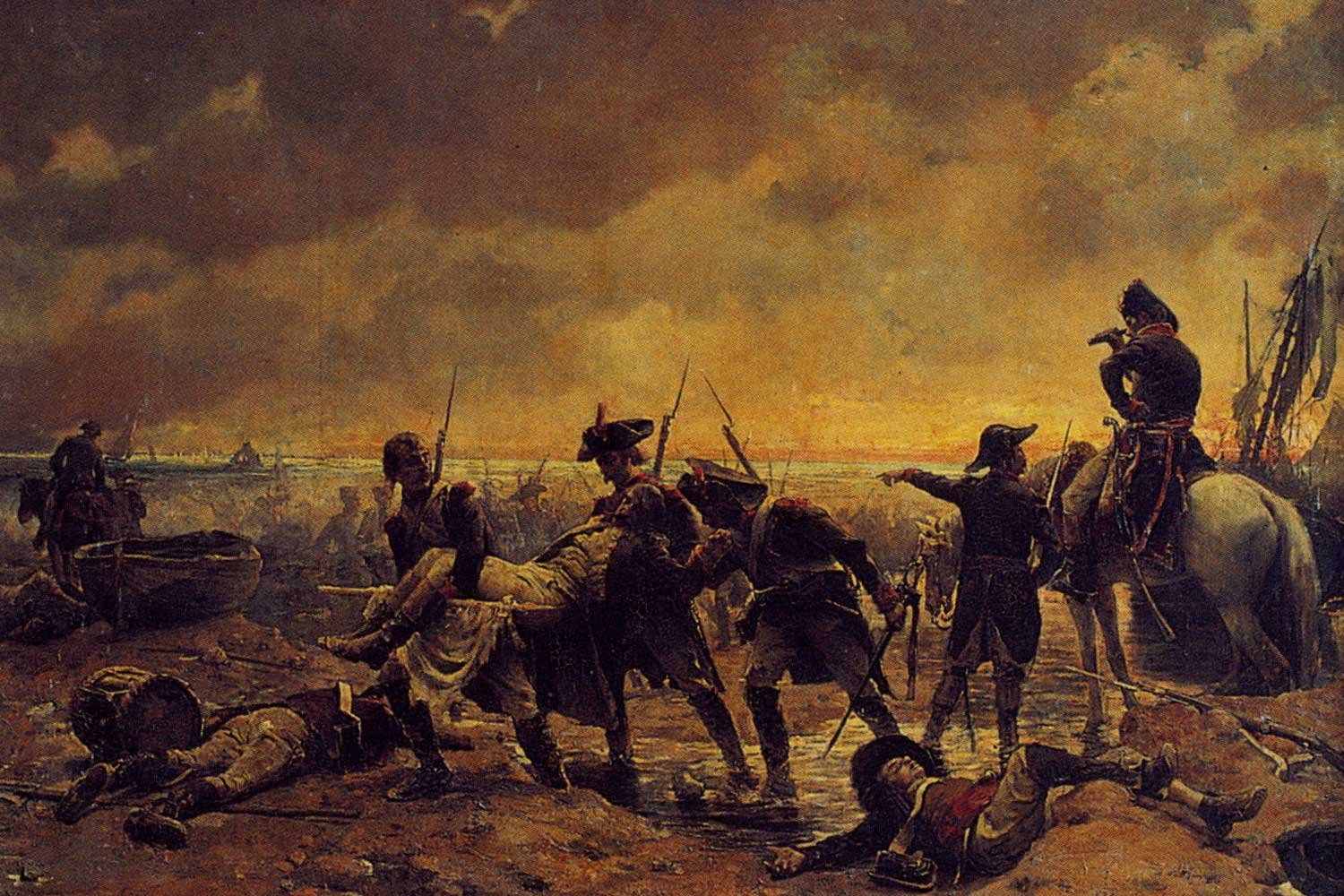
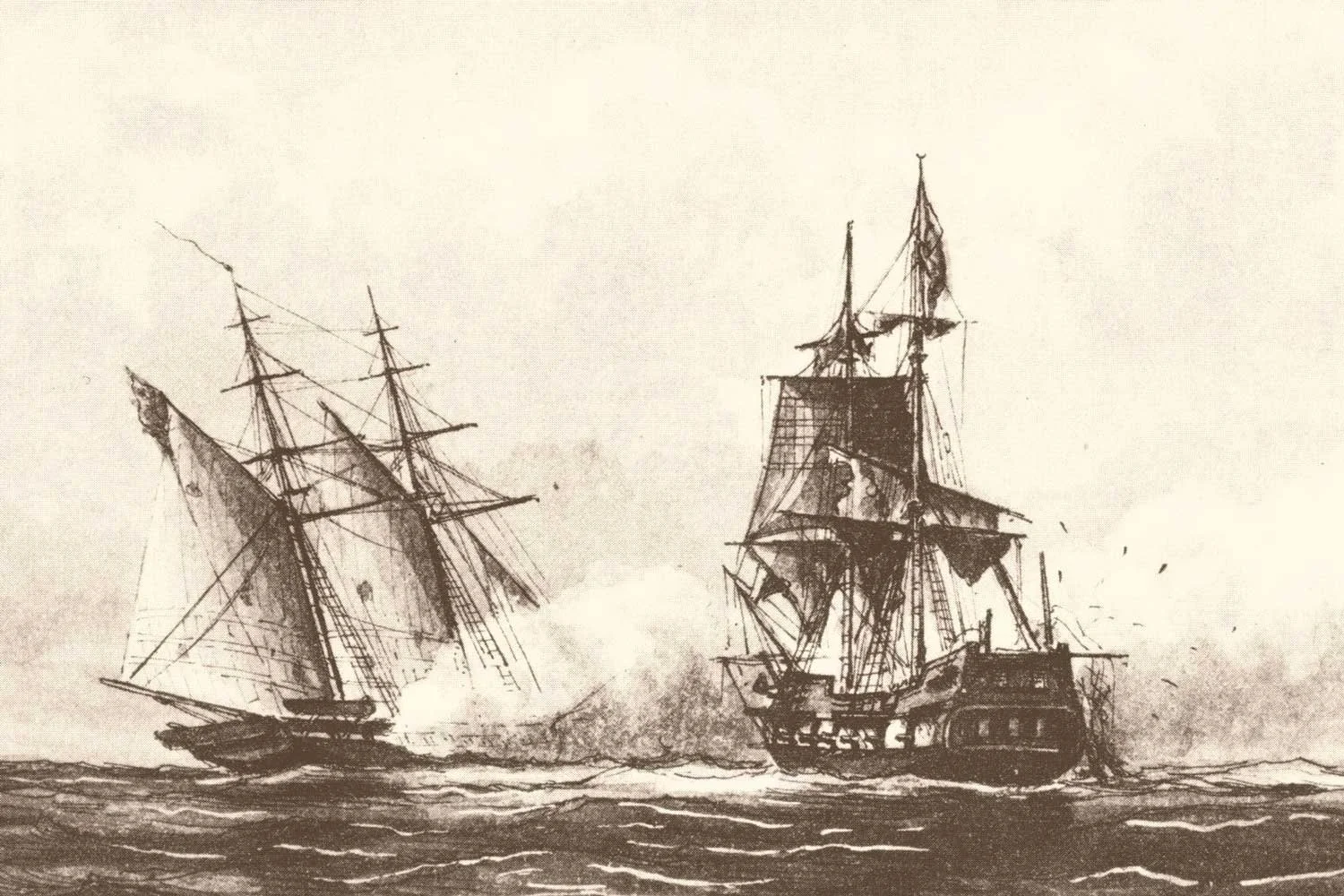
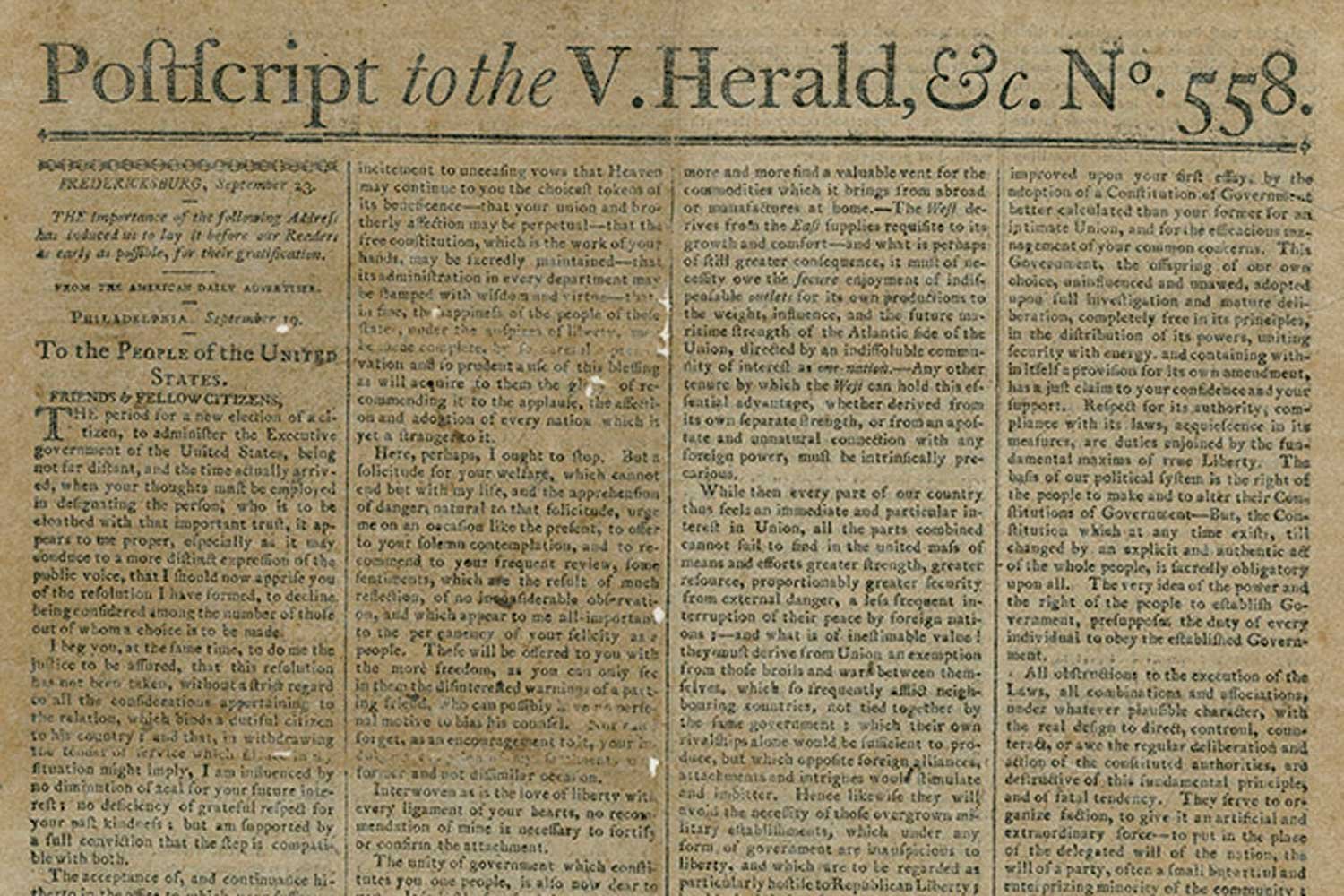
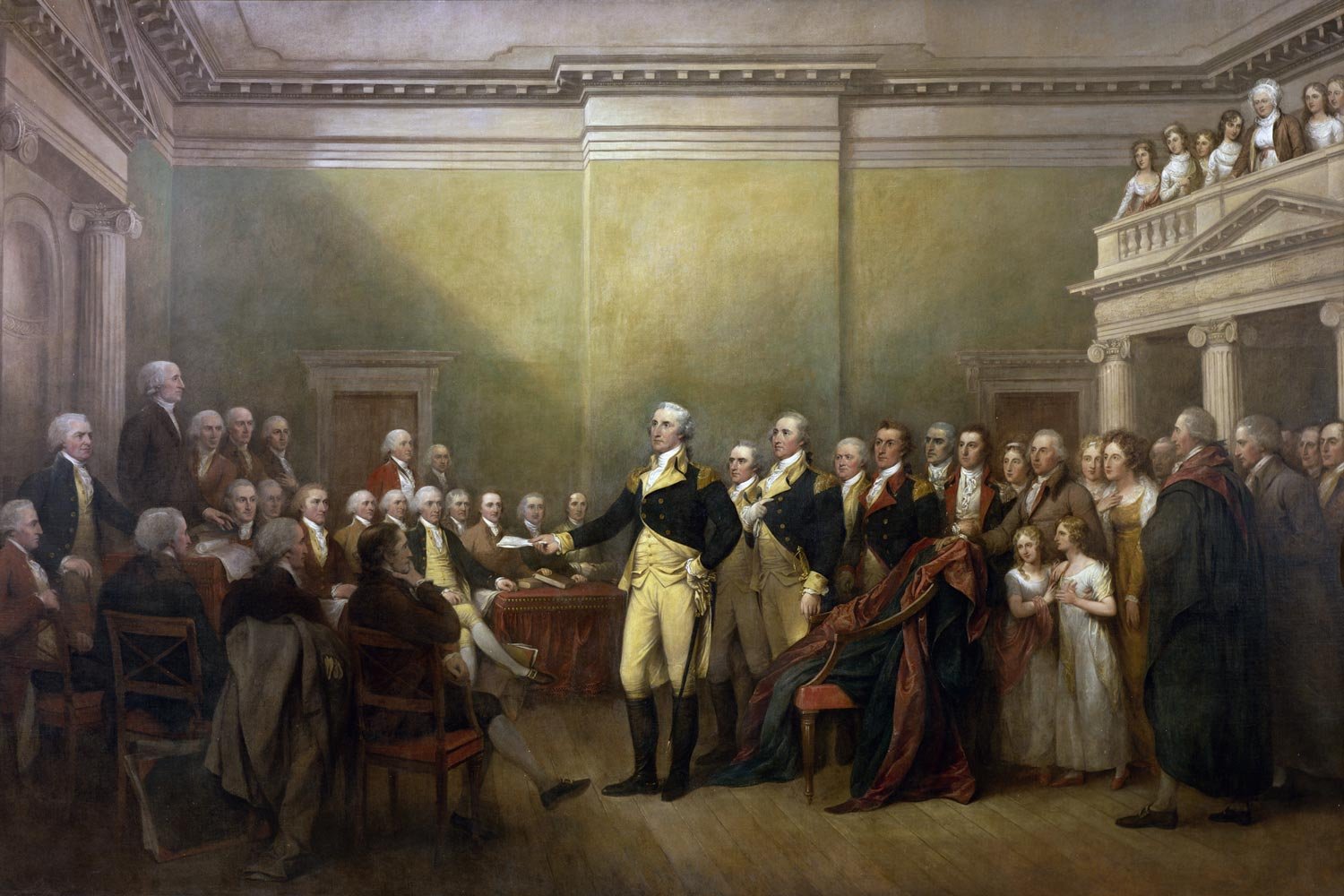
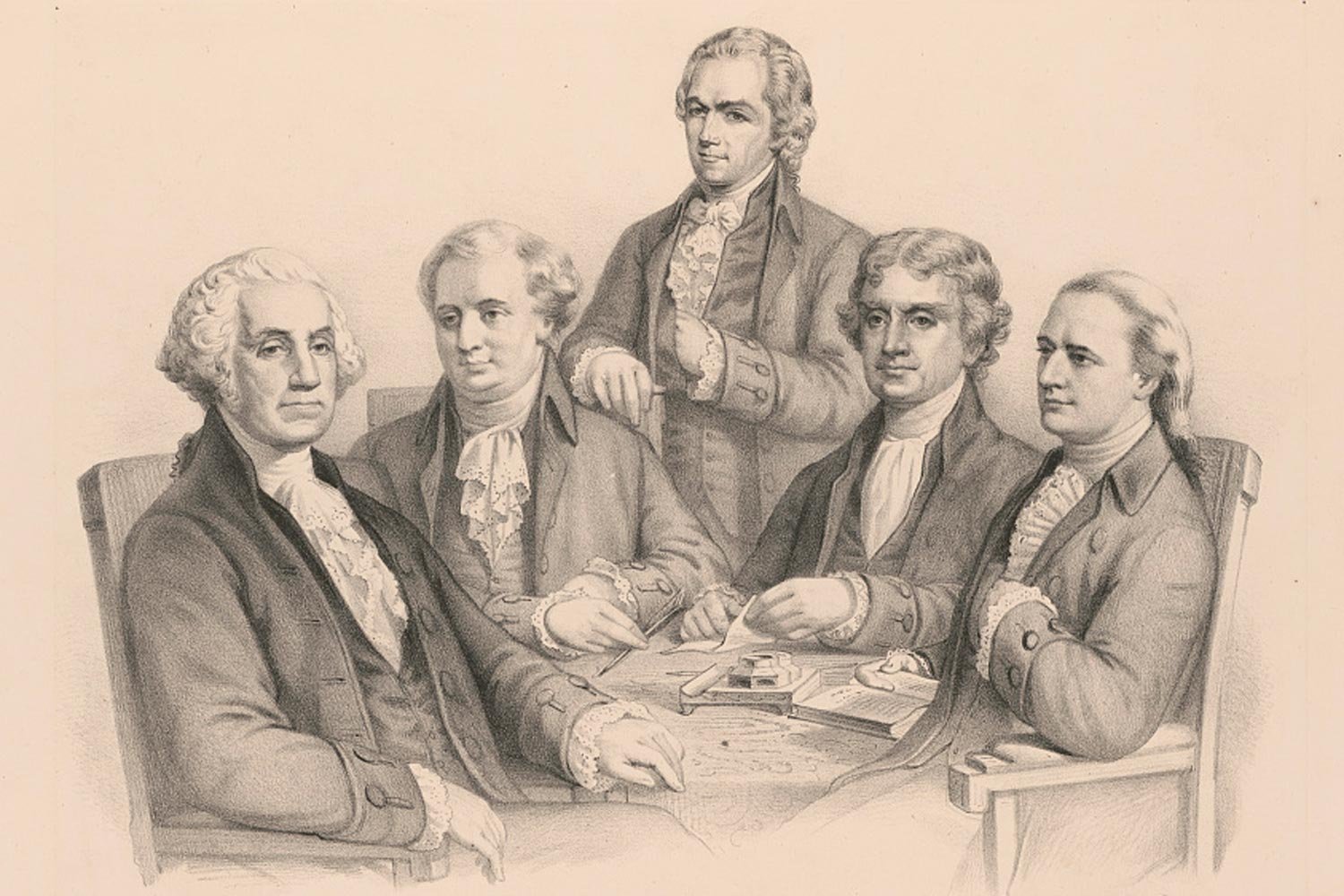
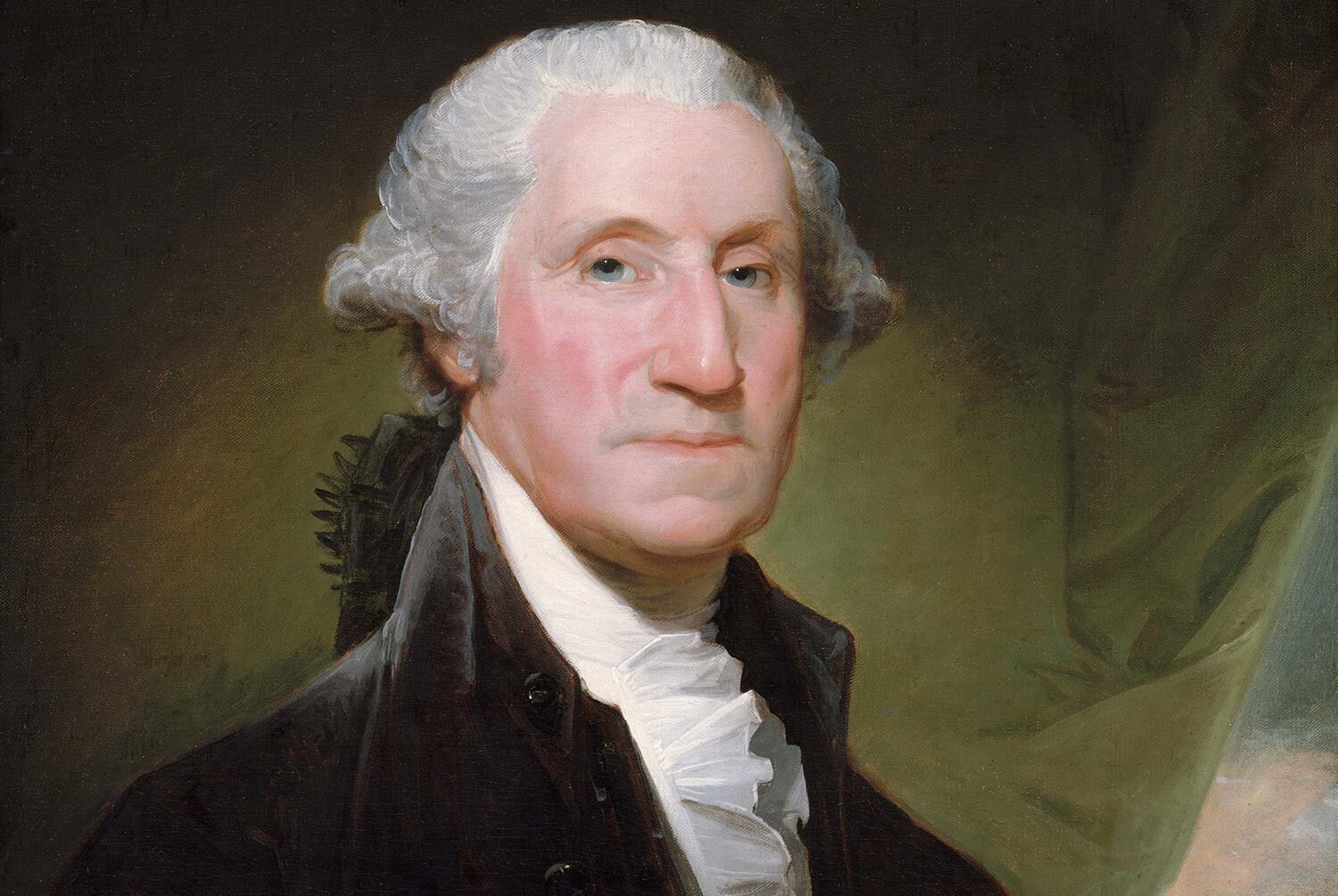
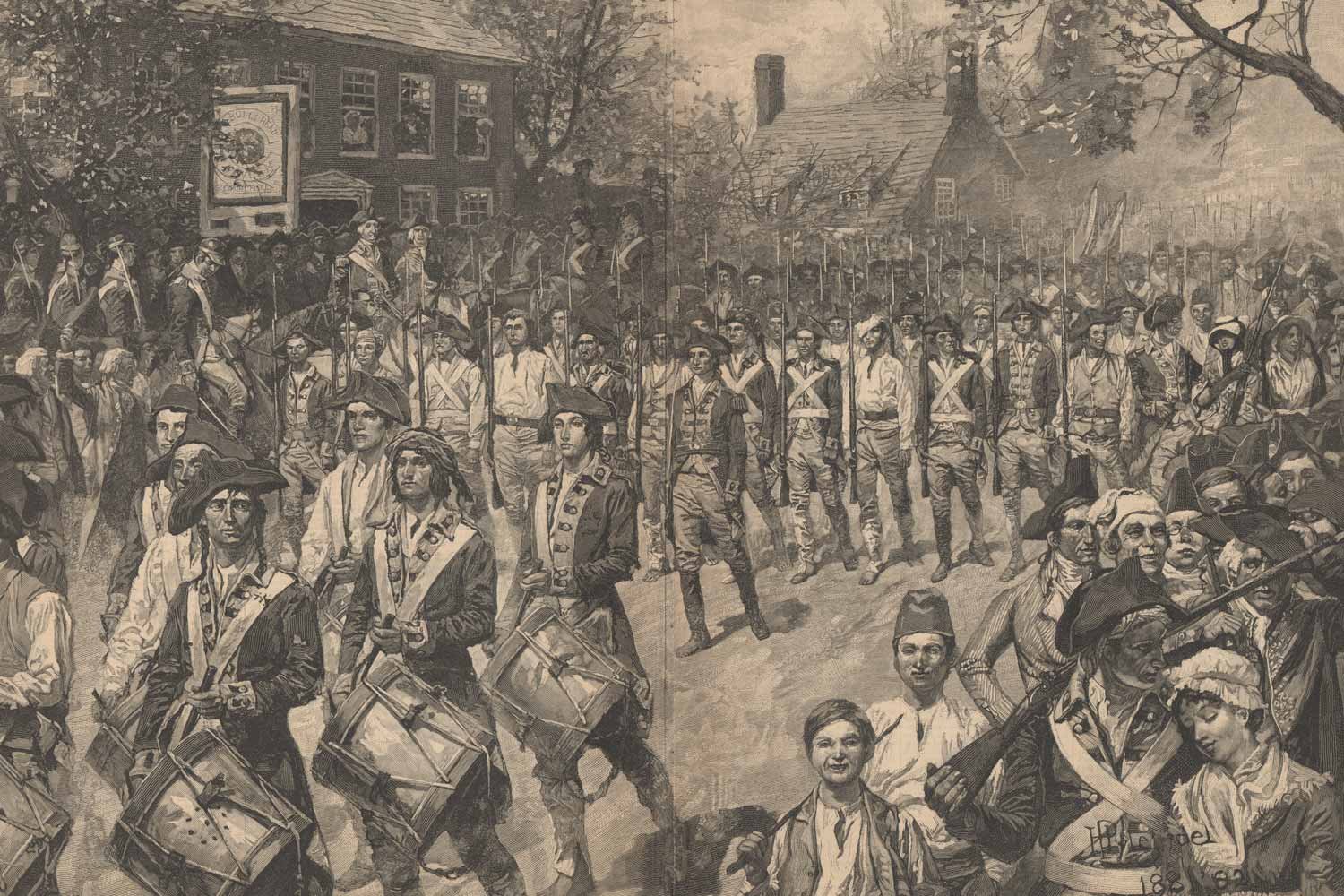
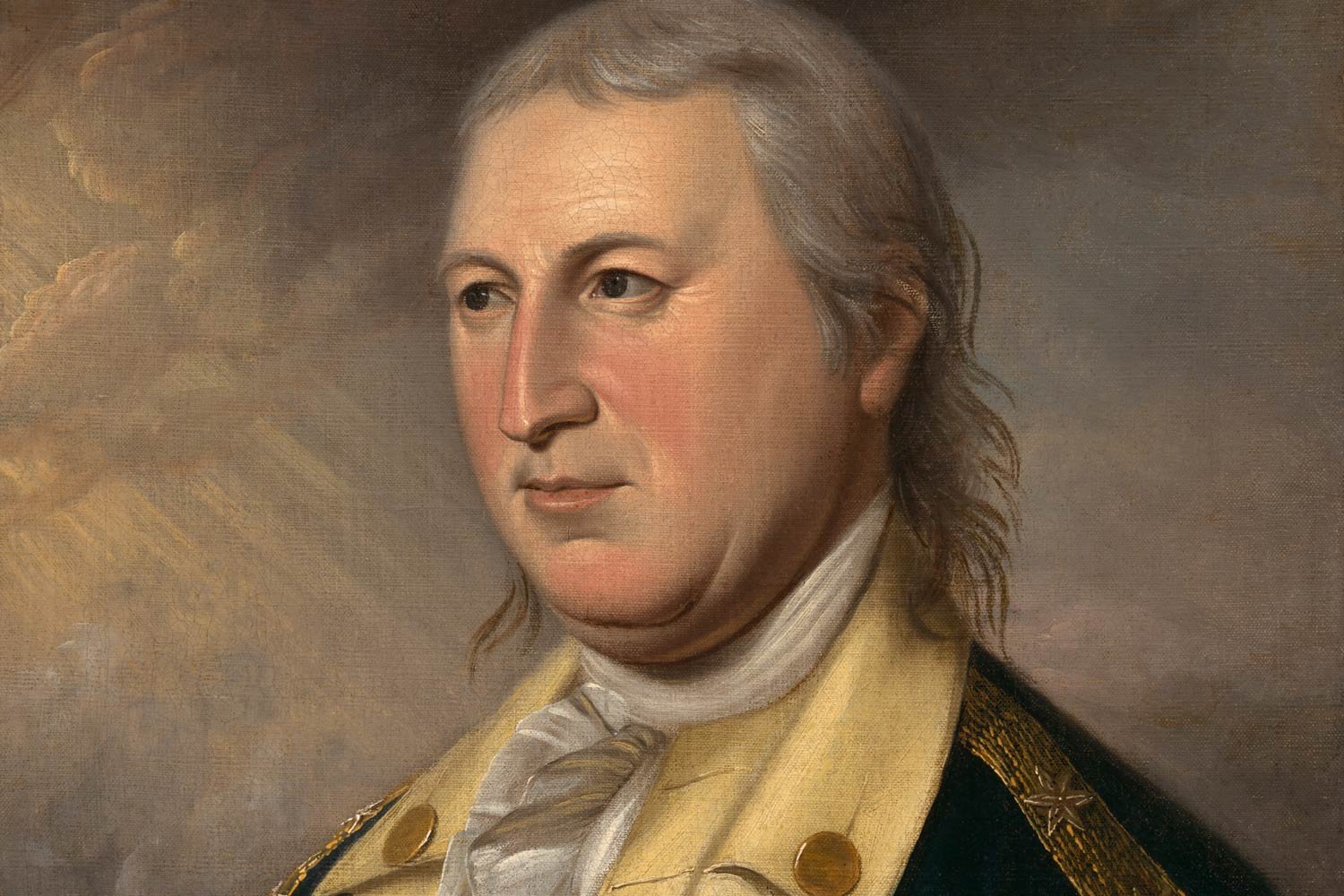
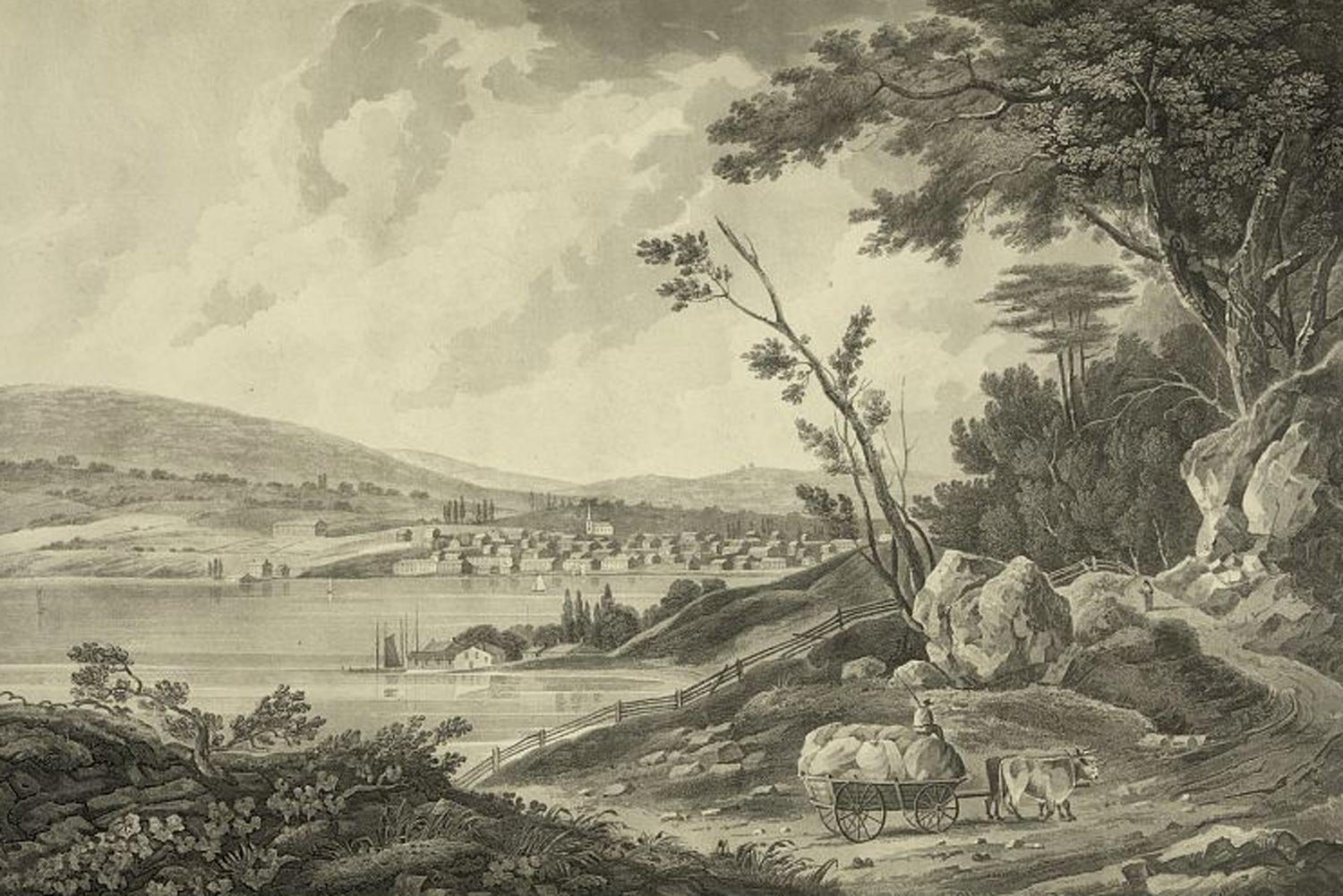
No man has had a greater impact on the United States than George Washington. This quintessential American carried the country through eight long years of its Revolution and devoted another eight years getting the new Constitutional government established as its first President. Washington was one of those rare individuals who seemed destined, almost from birth, for greatness, as if the hand of Divine Providence was watching over and protecting him, saving him for greater things.